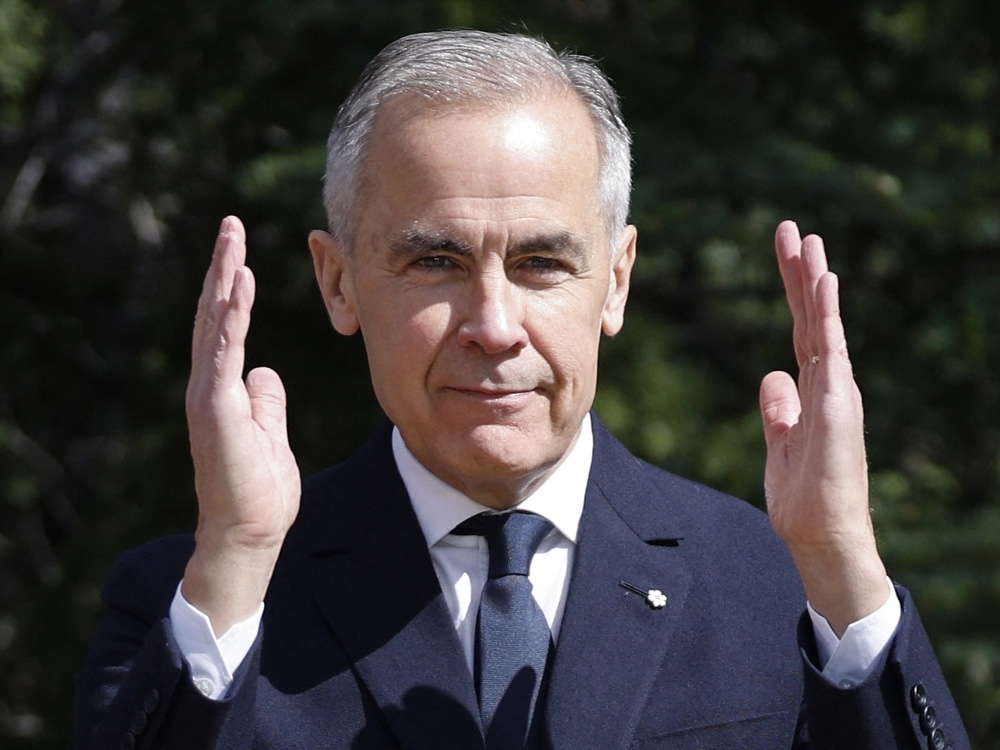A wave of Democratic victories swept across the United States, marking a significant moment in the nation’s political landscape and prompting a swift reaction from former President Donald Trump.
Governor races in Virginia and New Jersey were decisively won by Democratic candidates, the only two states holding elections for their top executive positions this year. This success extended beyond the governorships, with Democrats securing wins in crucial state Supreme Court contests in Pennsylvania and a series of ballot measures stretching from Colorado to Maine.
In a stunning upset, Zohran Mamdani, a Democratic Socialist, achieved a landslide victory in the New York mayoral election. His win immediately resonated as a challenge to established political norms and ignited debate across the country.

Trump responded quickly, taking to social media to demand sweeping changes to the electoral system. He called for the implementation of Voter ID laws, an end to mail-in ballots, and a complete overhaul of procedures he believes are vulnerable to manipulation.
Central to Trump’s demands was the abolition of the filibuster – a Senate rule allowing a minority of 41 senators to block legislation. He argues its removal is essential to enact his policies and “make America Great Again,” a sentiment he’s repeatedly voiced in recent weeks.
However, the filibuster isn’t a tool solely for obstruction. It has historically served as a vital check on power for both parties, preventing radical shifts in policy and forcing compromise. Past attempts at major legislation, like immigration reform under President Bush and climate change initiatives under President Obama, were stalled by its use.

Trump’s proposed voter reforms echo previous calls for stricter voting regulations, specifically targeting absentee and mail-in voting, and mandating voter identification. These proposals gained renewed attention following an election where voters rejected candidates and policies aligned with his Republican Party in multiple states.
Despite attempts to distance himself from the election’s outcome, Trump voiced concerns about voting laws in California, alleging “unconstitutional redistricting” and a “rigged” system, particularly regarding mail-in ballots. He promised further legal and criminal review of the process.
The election results sent shockwaves through the Republican party, with one Fox News host publicly expressing dismay, admitting to being “in tears” over the losses. The election of Mamdani, labeled a “communist” by some Republicans, was particularly unsettling.

Mamdani, in his victory speech, embraced his identity and challenged conventional expectations. He declared, quoting Eugene Debs, that he could “see the dawn of a better day for humanity,” and unapologetically affirmed his youth, Muslim faith, and democratic socialist beliefs.






